
Artificial Intelligence (AI) has rapidly emerged as a transformative technology, reshaping various aspects of our lives. With advancements in machine learning, data analytics, and automation, AI holds immense potential to revolutionize industries, enhance efficiency, and improve decision-making. However, like any powerful tool, AI has advantages and drawbacks. In this article, we will explore the pros and cons of AI and its potential impact on our lives in the next five years.
PROS OF ARTIFICIAL INTELLIGENCE
Automation and Efficiency
AI-driven automation can streamline and optimize numerous tasks across industries, leading to increased productivity and efficiency. Repetitive and mundane tasks can be handled by AI systems, freeing up human resources for more complex and creative work. This can result in significant time and cost savings.
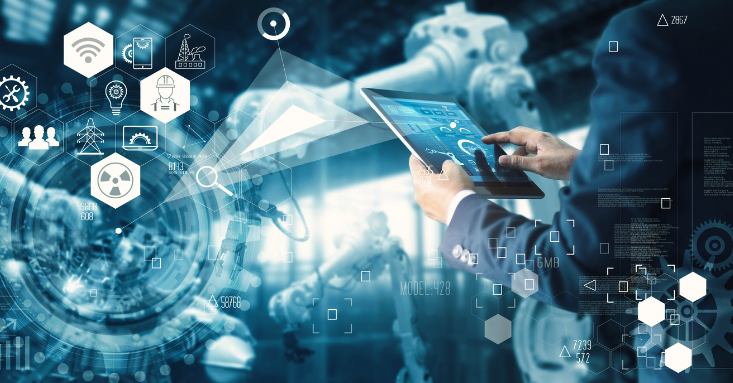
Enhanced Decision-Making
AI algorithms can analyze vast amounts of data and provide valuable insights to support decision-making processes. By extracting patterns and trends from complex datasets, AI systems can help businesses make informed choices, optimize operations, and improve outcomes.
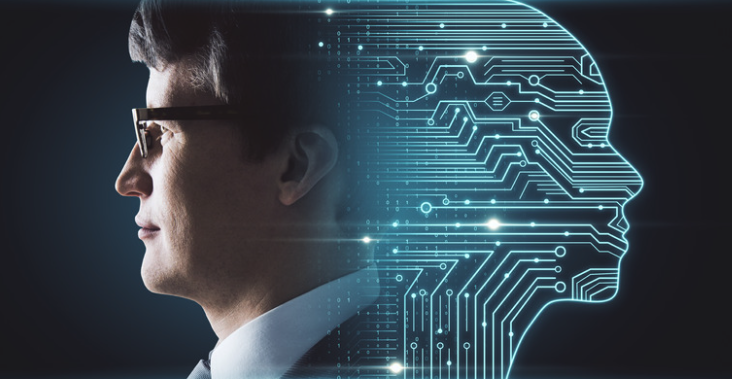
Improved Personalization
AI enables highly personalized experiences by leveraging data analysis and machine learning. It can tailor recommendations, advertisements, and user interfaces to individual preferences, enhancing user satisfaction and engagement. This level of personalization can be observed in various domains, including entertainment, e-commerce, and healthcare.
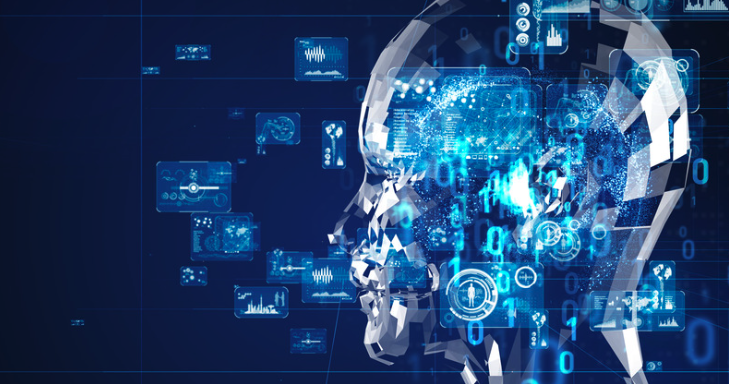
Advancements in Healthcare
AI has the potential to revolutionize healthcare by enabling more accurate diagnoses, personalized treatment plans, and efficient drug discovery. Machine learning algorithms can analyze patient data, genetic information, and medical research to identify patterns and develop targeted therapies. This could lead to earlier disease detection, improved patient outcomes, and reduced healthcare costs.
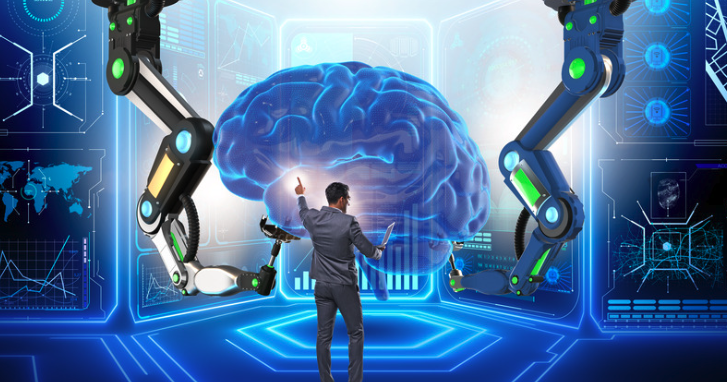
CONS OF ARTIFICIAL INTELLIGENCE
Job Displacement
The rise of AI and automation raises concerns about job displacement. As AI systems take over repetitive tasks, there is a possibility of reduced demand for certain jobs. Industries heavily relying on manual labor or routine tasks may experience workforce challenges and require reskilling initiatives to adapt to the changing landscape.
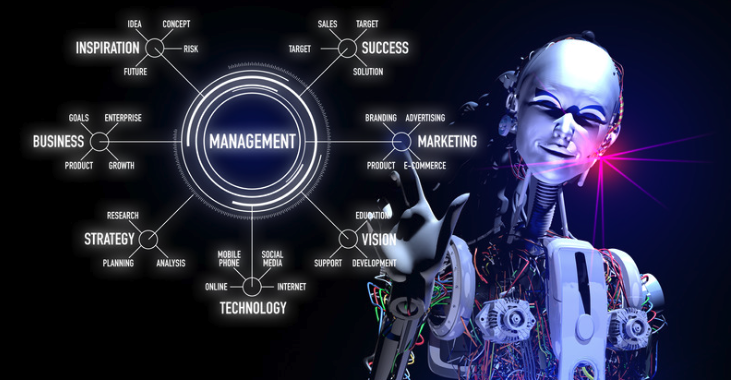
Ethical and Privacy Concerns
AI technologies raise ethical questions regarding privacy, data security, and bias. The collection and analysis of vast amounts of personal data can lead to privacy breaches and misuse. Moreover, biased algorithms can perpetuate existing social biases, leading to unfair decision-making and discrimination.

Lack of Human Judgment and Creativity
AI systems lack the human capacity for judgment, intuition, and creativity. While they excel in processing large amounts of data and making data-driven decisions, they may struggle with nuanced or ambiguous situations that require human understanding and context.

Dependence and Unforeseen Consequences
Over-reliance on AI systems without proper regulation and safeguards can lead to unforeseen consequences. Errors in algorithms, cybersecurity threats, or malfunctioning AI systems could result in significant disruptions, safety concerns, or unintended outcomes.
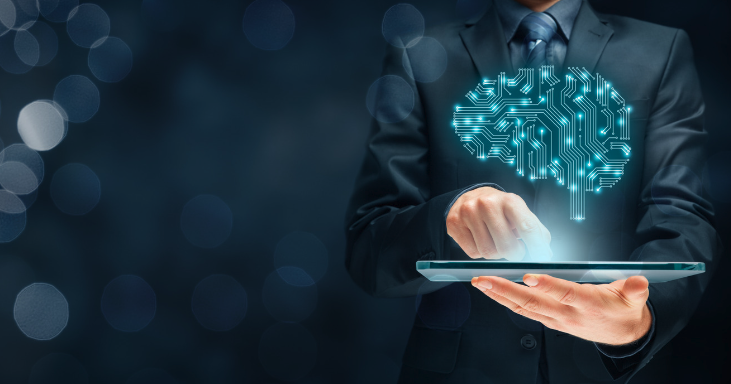
THE FUTURE OF AI IN THE NEXT 5 YEARS
In the next five years, AI is expected to penetrate various industries further and significantly impact our lives. Here are a few areas where AI will likely make substantial progress:
Smart Cities and Infrastructure
AI-powered systems will help cities optimize traffic flow, enhance energy efficiency, and improve resource allocation. Smart homes, autonomous vehicles, and energy management systems will become more prevalent.

Healthcare Transformation
AI will continue to play a pivotal role in healthcare, supporting diagnosis, treatment planning, telemedicine, and drug development. Wearable devices and health monitoring applications will become more sophisticated, allowing for personalized and preventive care.

Personal Assistants and Voice Recognition
Virtual assistants like Amazon's Alexa and Apple's Siri will become more intelligent and integrated into our daily lives.

The advantages of AI, such as automation, enhanced decision-making, personalization, and advancements in healthcare, offer immense opportunities for progress and efficiency. By fostering responsible development, deployment, and utilization of AI, we can navigate the complexities and maximize the benefits of this groundbreaking technology. With careful planning, collaboration, and a human-centric approach, we can shape a future where artificial intelligence is a powerful tool for progress while ensuring that it aligns with our collective values and aspirations.
Legacy Bank | Grow with us, Generation after Generation

